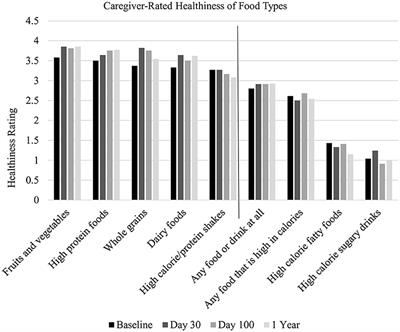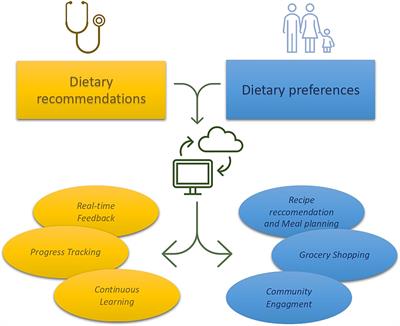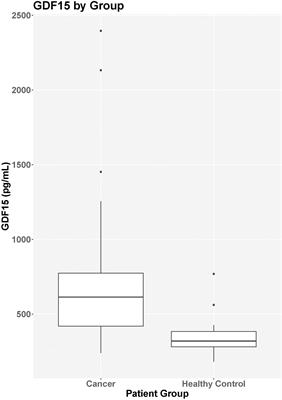EDITORIAL
Published on 02 May 2024
Editorial: Nutritional support in pediatric cancer: novel insights and future perspectives
doi 10.3389/fnut.2024.1397439
- 708 views
3,371
Total downloads
12k
Total views and downloads
EDITORIAL
Published on 02 May 2024
ORIGINAL RESEARCH
Published on 29 Feb 2024

MINI REVIEW
Published on 31 Jan 2024

MINI REVIEW
Published on 21 Dec 2023

ORIGINAL RESEARCH
Published on 11 Dec 2023
